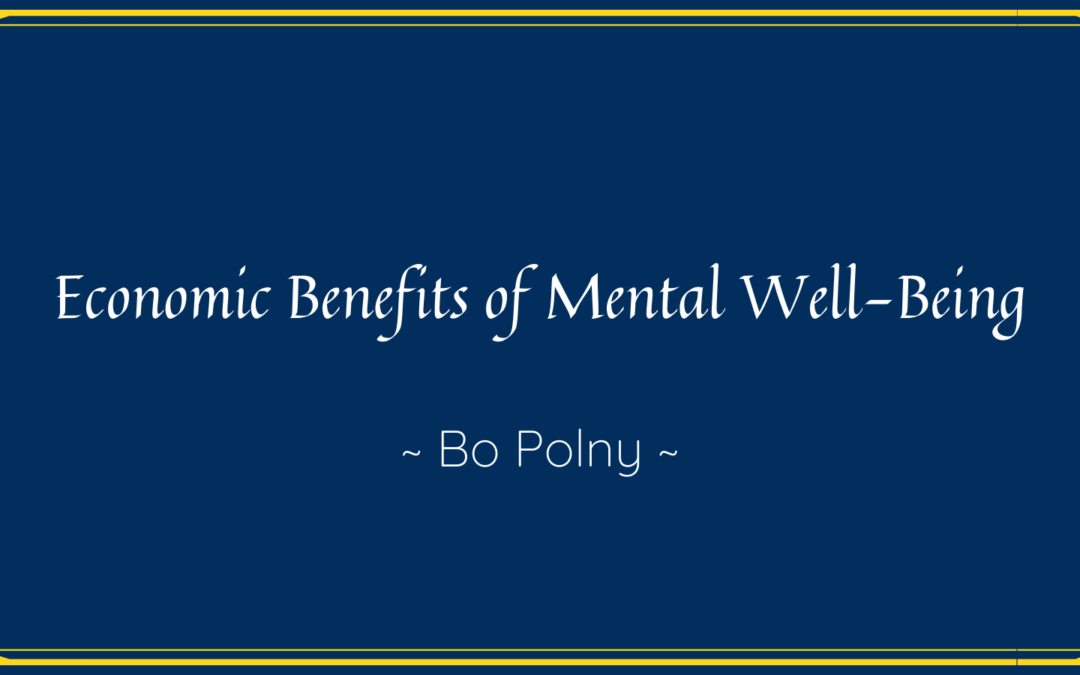Did you know that there are economic benefits to mental well-being? Studies have shown that happier employees lower staff turnover rates and increase productivity. This blog post will discuss how mental well-being can lead to a stronger economy.
Mental well-being has several economic benefits. For one, happier employees lead to companies with lower staff turnover rates. A study done found that happiness led to a 12% reduction in staff turnover rates. Additionally, research has shown that happy employees are more productive. The London School of Economics and Political Science study found that happy workers were up to 20% more productive than their unhappy counterparts.
In addition to these benefits, mental well-being also has positive consequences for consumer spending. A study found that increased happiness levels led to increased levels of consumer spending. When people are happier, they are more likely to feel optimistic about the future and are therefore more likely to spend money.
Reduce Health Care Costs:
Mental well-being also has several benefits for health care costs. For one, happier employees lead to lower health care costs. A study found that happiness led to a $800 reduction in health care costs. Additionally, research has shown that when people are happier, they are less likely to get sick. A study found that happy and optimistic people were 20% less likely to develop heart disease than their unhappy counterparts.
Boosts GDP:
Mental well-being has a positive effect on Gross Domestic Product (GDP). A study by the University of Warwick found that happiness led to a $30 billion increase in GDP. When people are happier, they are more likely to be productive and innovative.
Mental Illness Costs Billions:
According to a report released by The National Alliance on Mental Illness (NAMI), mental illness costs the United States economy an estimated $193.0 billion per year in lost earnings alone, according to a report released by The National Alliance on Mental Illness (NAMI). That’s approximately $467 per person! NAMI also reports that mental illness costs America another $100 billion each year in direct health care expenses. This brings the total cost of mental illness in America to over $293 billion annually – more than cancer and heart disease combined.
Boosts Employment:
Mental well-being also has a positive impact on employment. A study found that mental well-being is associated with higher levels of employability. When people are happier and more productive, they are more likely to be successful in their careers.
All of the benefits add up to a stronger economy. When people are happier and more productive, they spend more money, which leads to increased economic growth. Mental well-being has several important economic benefits.

